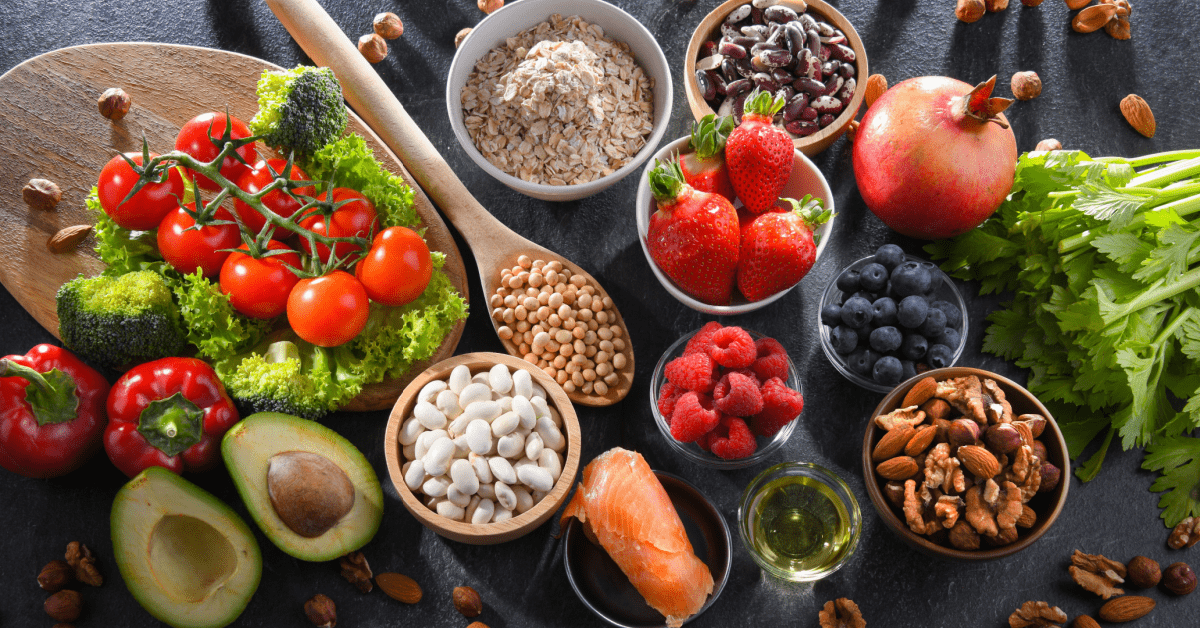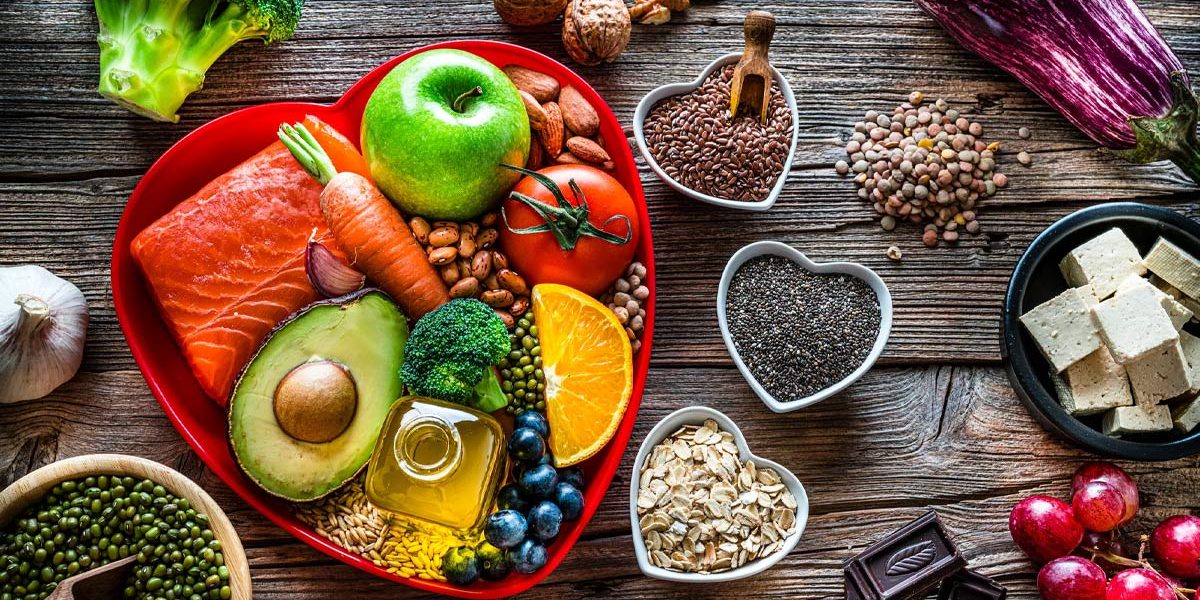How to Increase “Good” Cholesterol (HDL)
Understanding HDL Cholesterol
High-density lipoprotein (HDL) is often referred to as “good cholesterol” for a reason. This vital component of your blood helps lower the risk of cardiovascular diseases by carrying excess low-density lipoprotein (LDL), the “bad cholesterol,” away from the arteries and back to the liver, where it can be processed and removed from the body. Maintaining healthy HDL levels is crucial for overall heart health.
Importance of Cholesterol
Cholesterol is a waxy substance essential for several body processes, including the production of new cells and hormones. However, when cholesterol levels become too high, it can lead to a buildup in the blood vessels, increasing the risk of heart disease and stroke. The National Heart, Lung, and Blood Institute recommends adults over age 20 maintain a total cholesterol blood value of 125 to 200 mg/dL, with HDL levels at 50 mg/dL or higher for women and 40 mg/dL or higher for men.
Dietary Choices to Boost HDL
Adopting a diet rich in HDL-boosting foods can significantly impact your cholesterol levels. The Mediterranean diet, known for its heart-healthy benefits, is an excellent model to follow. Here are some key dietary choices to consider:
– Healthy Oils and Fats**: Opt for liquid cooking fats such as olive oil instead of solid fats like butter and lard, which are high in saturated fats.
– Lean Proteins**: Choose lean proteins like chicken breast over red meat to reduce saturated fat intake.

HDL-Boosting Foods
Incorporate these foods into your diet to help raise your HDL levels:
– Olive Oil**: Rich in monounsaturated fats, it helps improve HDL cholesterol.
– Avocado**: Another source of healthy fats that can boost HDL.
– Prunes and Apples**: High in fiber, which helps lower LDL and raise HDL.
– Beans and Whole Grains**: Excellent sources of soluble fiber.
– Nuts, Flax, and Chia Seeds**: Packed with omega-3 fatty acids.
– Fatty Fish**: Such as salmon, mackerel, and sardines, which are high in omega-3s.
Lifestyle Changes to Increase HDL
Beyond diet, several lifestyle changes can help increase your HDL cholesterol levels:
– Regular Physical Activity: Engage in at least 150 minutes of moderate aerobic exercise or 75 minutes of vigorous exercise each week. Activities like walking, running, cycling, and swimming are beneficial.
– Quit Smoking: Smoking lowers HDL cholesterol. Quitting smoking can significantly improve your HDL levels.
– Maintain a Healthy Weight: Being overweight or obese can lower HDL and raise LDL levels. Even modest weight loss can improve HDL cholesterol.
– Manage Blood Sugar: For those with diabetes, keeping blood sugar levels in check can help boost HDL.
– Control Blood Pressure: High blood pressure is associated with lower HDL levels. Work with your doctor to manage your blood pressure effectively.
Conclusion
Raising your “good” cholesterol, or HDL, involves a combination of dietary adjustments and lifestyle changes. By incorporating HDL-boosting foods into your diet, staying physically active, quitting smoking, maintaining a healthy weight, managing blood sugar, and controlling blood pressure, you can significantly improve your HDL levels and reduce your risk of cardiovascular diseases. Always consult with your healthcare provider before making significant changes to your diet or lifestyle to ensure they are appropriate for your individual health needs.
Health : Migraine Management: 12 Effective Natural Remedies
